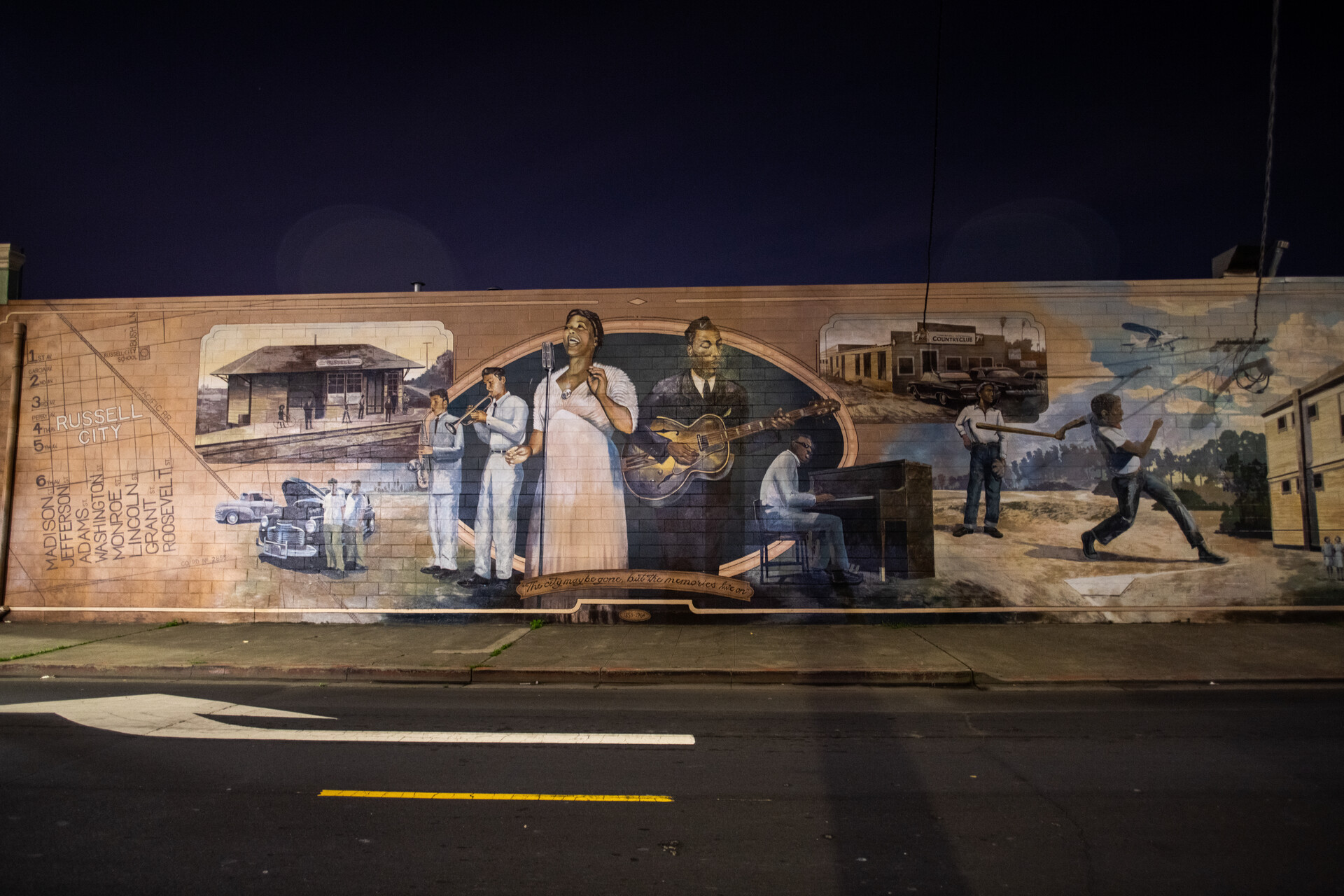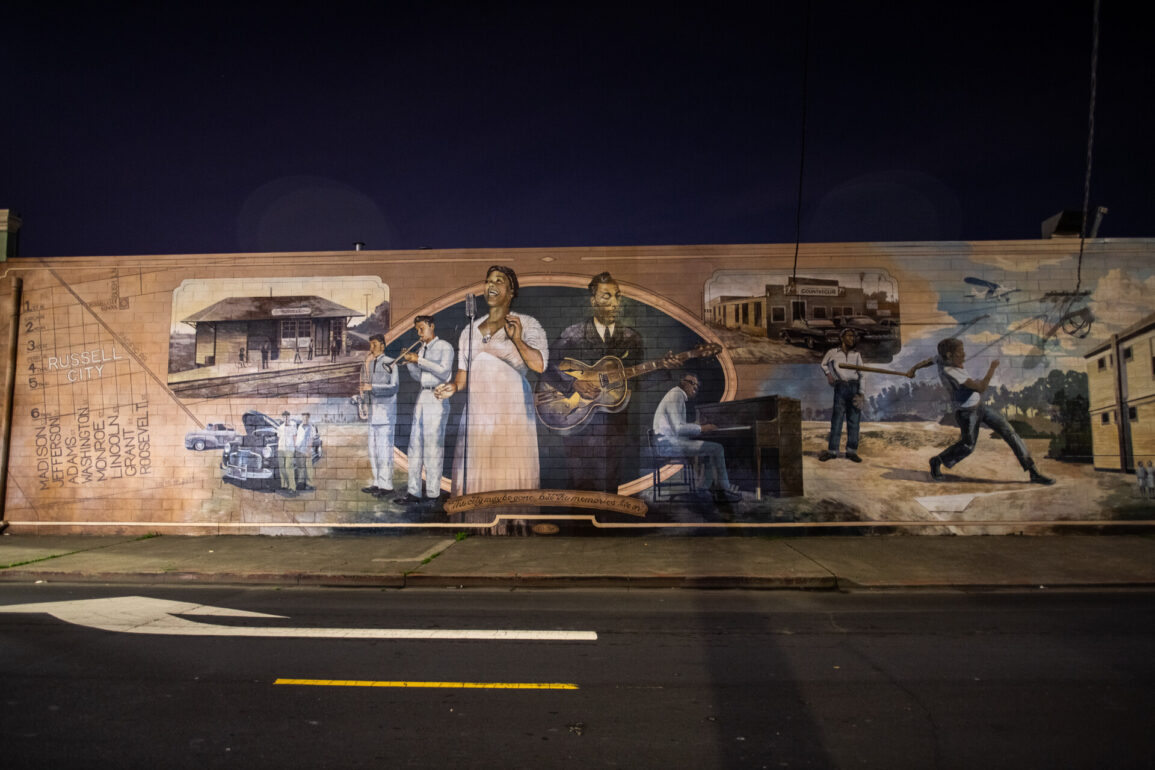“We are trying not to recreate the wheel,” Debra Gore-Mann, president and CEO of Oakland racial justice organization the Greenlining Institute, told KQED.
In looking at other reparations projects, Gore-Mann said the Alameda County Commission quickly realized it didn’t have sufficient support or time.
At a meeting on May 30, Gore-Mann asked supervisors for a dedicated staff, approval to make formal partnerships with Bay Area institutions, and a new deadline of June 30, 2026, to complete their work.
The commission also asked for a budget of about $5 million, dwarfing the initial budget allocation of approximately $51,000. The requested budget would support research, public outreach and community listening sessions over the next two years. Commission members currently receive a $50 stipend for each meeting they attend.
“I think $5 million is a hefty amount of funding,” Miley said, pointing to the county’s budget deficit, projected to reach between $70 million to $100 million this year. He added that getting a board response to budget and other support requests could take months.
In the meantime, Gore-Mann is concerned the commission will lose its progress so far as faith in the county’s commitment to reparations falters.
“Without a sense of what resources might be available, it’s hard to keep commissioners engaged,” Gore-Mann said at the May meeting, adding the timeline extension alone might cause commissioners to drop off.
Those concerned about the waning urgency for racial justice initiatives need only look as far as the Alameda County city of Hayward.

There, the Russell City Reparative Justice Project steering committee set out to study the local government’s role in the destruction of Russell City — a bayside enclave of mostly Black and Latino residents who were forced from their homes in the 1960s using eminent domain. In March, the committee delivered a 26-part plan for reparations to the city council, including guaranteed basic income for surviving former residents.
Since then, there’s been little movement toward making those recommendations a reality. At a meeting on May 20, some former Russell City residents expressed concern that compensation from the city may not be found in their lifetimes.
Steering committee chair Aisha Knowles is more optimistic. She said the committee may have disbanded, but their work is far from done.
“Of course, people are going to be frustrated,” Knowles, whose father grew up in Russell City, told KQED. “But it also means people are listening. If nobody was saying anything, I would wonder what was going on. But because people are expressing joy, frustration, confusion, it means that work is in progress.”
Knowles said she hopes the county commission might partner with Hayward to move the Russell City reparations project forward. If the pace of the Alameda County Commission’s work so far is any indication, she and Russell City’s former residents might be waiting a long time.


